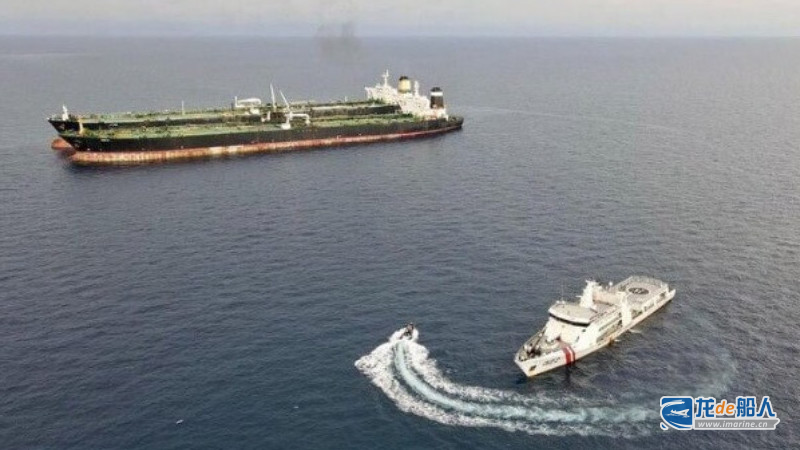A new analysis by Follow the Money and the Organized Crime and Corruption Reporting Project (OCCRP) shows that European and American shipowners have made at least $6.3 billion from selling hundreds of old tankers to shell companies and then into the Russian shadow fleet.

Follow the Money and OCCRP found that these vessels sold by Europe and the United States make up nearly 40 percent of Russia’s shadow fleet of about 230 vessels.
The KSE Institute at the Kyiv School of Economics identified the vessels in the network and considered tankers transporting Russian oil with an opaque ownership structure and no reliable Western oil spill insurance as part of the shadow fleet.
Under EU sanctions imposed in 2023, direct sales of tankers to Russian entities are prohibited. However, indirect sales to companies in countries not participating in the sanctions are not illegal. This provides a “huge loophole” in the so-called sanctions, whereby European and American shipowners make huge profits by selling old ships to intermediary companies and then selling them to Russia.
Benjamin Hilgenstock, senior economist at the KSE Institute, said the sanctions would not be effective enough if the tankers could end up in the shadow fleet. “You can resell a tanker three times in three weeks, and the companies who sell them know what they have to do to stay out of trouble.”
The EU’s international envoy for the implementation of sanctions said sellers from EU countries must ensure that their vessels do not circumvent the sanctions.
As part of the ban on direct sales of vessels to Russia, the EU has made it mandatory for European shipowners to report to the government when selling vessels to buyers outside the EU. “Sanctions officials can’t stop these transactions, but the regulation is designed to make shipowners stop and reflect before making sales that might circumvent sanctions,” O’Sullivan said.
Despite the regulations, more than half of the tankers found in a survey by Follow The Money and OCCRP were sold by 54 Greek companies for a total of at least $3.7 billion.
Greek shipowners sold the largest number of vessels in the shadow fleet identified by the KSE Institute, with other vessels coming from several other EU countries. Among them, Hamburg-based shipping company Chemikalien Seetransporte sold at least five tankers for the KSE-identified shadow fleet, while Belgium’s Euronav also sold five vessels in 2022 and 2023, earning $135 million.
A spokesperson for Chemikalien Seetransporte said that while the tankers were previously managed by the company, prior to their sale in 2023 and 2024, “all parties involved conducted a thorough due diligence review of their respective buyers in accordance with strict compliance procedures. The company complies with all sanctions currently imposed by the EU, the United States and the United Nations and will continue to do so in the future.”
Euronav spokeswoman Katrien Hennin said the company was unaware that its former vessels had joined the Russian shadow fleet. “We don’t know anything about what happens after the vessels are sold, and it’s not our responsibility. Who the buyer resold the vessel to, or how he operated it legally or illegally, is beyond our control.”
Responding to a question about whether more vessels would be sanctioned, EU Commission spokesman Olof Gill said the EU “has already publicly stated that it will actively combat the shadow fleet, including through the designation of additional shadow vessels.”


